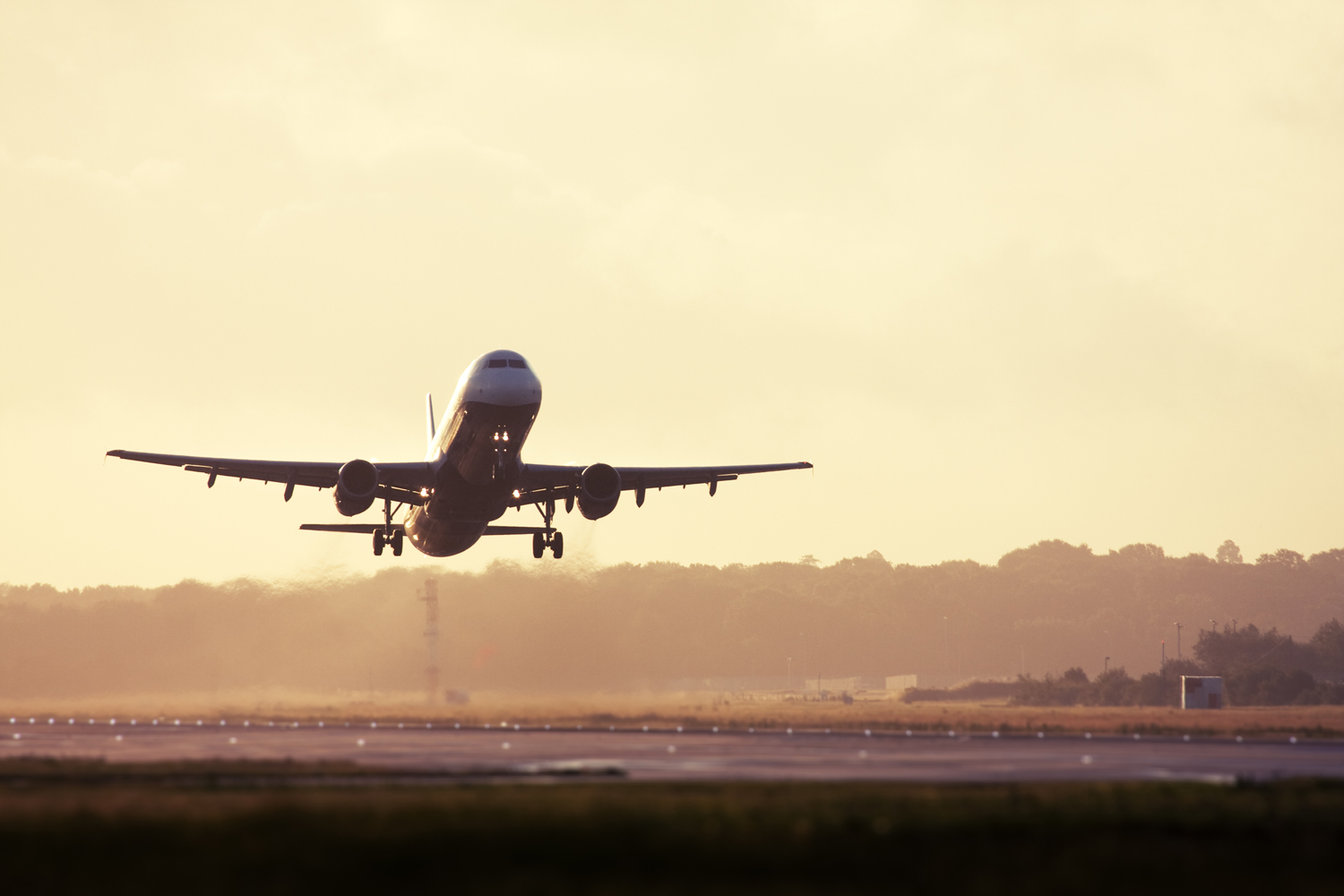
Yes, having access to Facebook on a long flight helps to pass the time, but it could also be putting passengers in the crosshairs of terrorists and hackers, according to a new report released this week by a U.S. watchdog agency.
In a dossier released Tuesday, the U.S. Government Accountability Office (GAO) said new aircraft may be susceptible to having their inflight computer systems hacked through onboard wi-fi networks or remotely by individuals elsewhere.
“According to cybersecurity experts we interviewed, Internet connectivity in the cabin should be considered a direct link between the aircraft and the outside world, which includes potential malicious actors,” read the 56-page report.
The GAO stated that planes possess firewalls designed to block cyberattacks and protect the craft’s avionics; however, that software is still susceptible to being penetrated.
“Four cybersecurity experts with whom we spoke discussed firewall vulnerabilities, and all four said that because firewalls are software components, they could be hacked like any other software and circumvented,” the report said.
The situation is made all the worse by the prevalent use of smartphones and other mobile devices by passengers and pilots alike on flights worldwide everyday.
“The presence of personal smartphones and tablets in the cockpit increases the risk of a system’s being compromised by trusted insiders, both malicious and non-malicious, if these devices have the capability to transmit information to aircraft avionics systems,” stated the dossier.
The Federal Aviation Administration said it has already begun taking steps to make cockpits safer and is consulting security experts to single out areas of concern.
“This threat will continue to evolve and it is something that needs to be at the forefront of our thinking,” Michael Huerta, the FAA’s administrator, told a Senate oversight panel this week, according to Reuters.
Following the publication of the report, lawmakers demanded that the federal agencies act fast to counter any potential threats to the aviation industry.
“[The FAA] must focus on aircraft certification standards that would prevent a terrorist with a laptop in the cabin or on the ground from taking control of an airplane through the passenger wi-fi system,” Representative Peter DeFazio told CNN.
Read next: 9 Tips for Faster Wi-Fi Streaming
More Must-Reads from TIME
- Where Trump 2.0 Will Differ From 1.0
- How Elon Musk Became a Kingmaker
- The Power—And Limits—of Peer Support
- The 100 Must-Read Books of 2024
- Column: If Optimism Feels Ridiculous Now, Try Hope
- The Future of Climate Action Is Trade Policy
- FX’s Say Nothing Is the Must-Watch Political Thriller of 2024
- Merle Bombardieri Is Helping People Make the Baby Decision
Contact us at letters@time.com